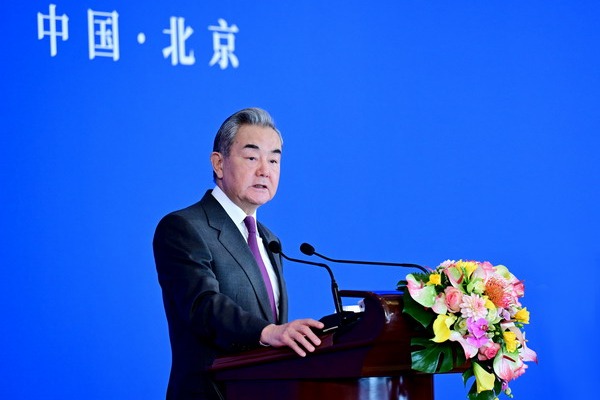Time to wake up to linkages between the planet's mounting existential dangers


It might seem overly demanding to expect people to remain considerate of the effects of global warming while we are all in the midst of a worldwide pandemic.
The COVID-19 crisis appears a much more immediate concern, while climate change is so often treated as tomorrow's problem, like a mirage that remains fixed on the horizon no matter how swiftly we hurtle toward it.
The inconvenient truth is that existential threats are linked, and failure to combat one crisis impacts our prospects of preventing others.
I have spent much of my time in 2020 covering COVID-19, as have many of us at China Daily. My conversations with experts have convinced me more than ever that we cannot disentangle the climate crisis from other major threats, including pandemics.
The novel coronavirus is a zoonotic disease, meaning it jumped from animals to humans.
Animals can also act as hosts to vector-borne pathogens that are passed on to us through blood-feeding insects and other invertebrates.
Some of the worst pandemics in history were directly due to-or exacerbated by-contact between humans and animals. That includes the 1918 flu pandemic and several outbreaks of the bubonic plague.
Contact increased
The World Bank estimates that 140 million people will migrate due to the effects of climate change over the next three decades, leading to further encroachment into natural habitats and increased contact between humans and other species.
Continued mass deforestation-a key driver of climate change-will inevitably force wild species and people closer together.
And the uncontrolled proliferation of industrial farming ensures that domestic animals will both contribute increasing amounts of greenhouse gas emissions and provide ever-expanding reservoirs for pathogens that harm people.
With vaccines on the way, we are now faced with a decision to return to business-as-usual, or to rebuild using green innovations.
The latter strategy will simultaneously heal our planet and go a long way toward preventing future pandemics.

































